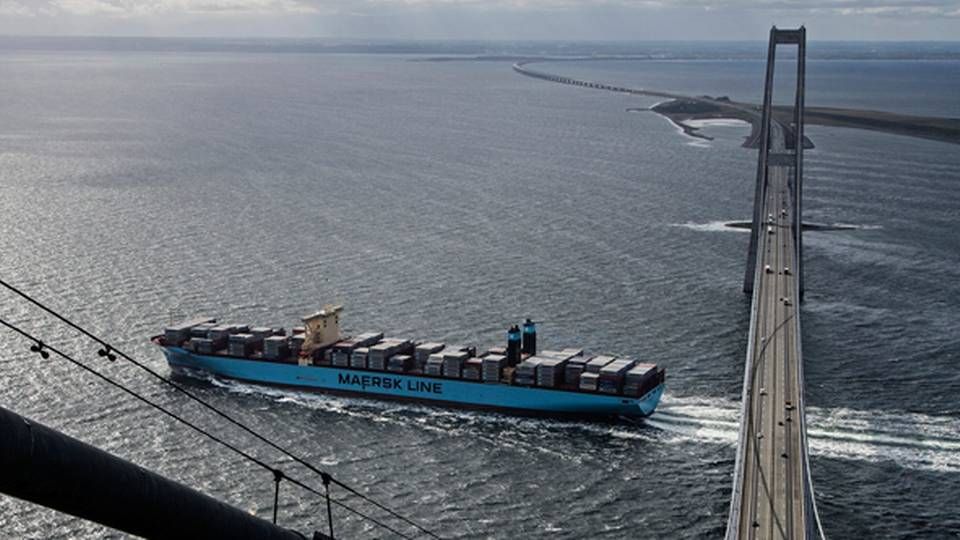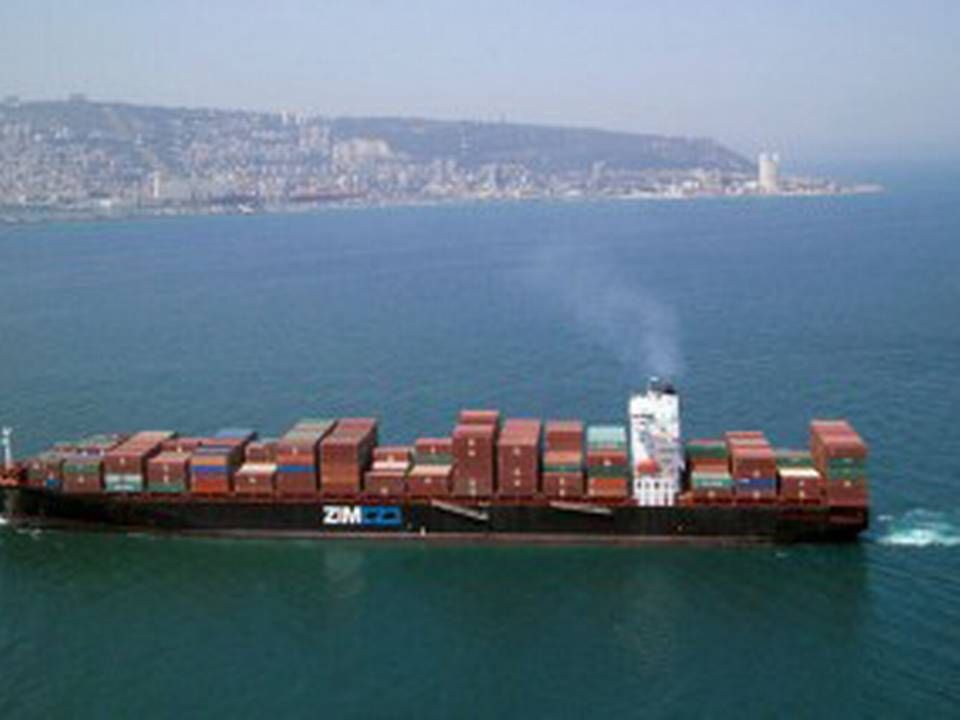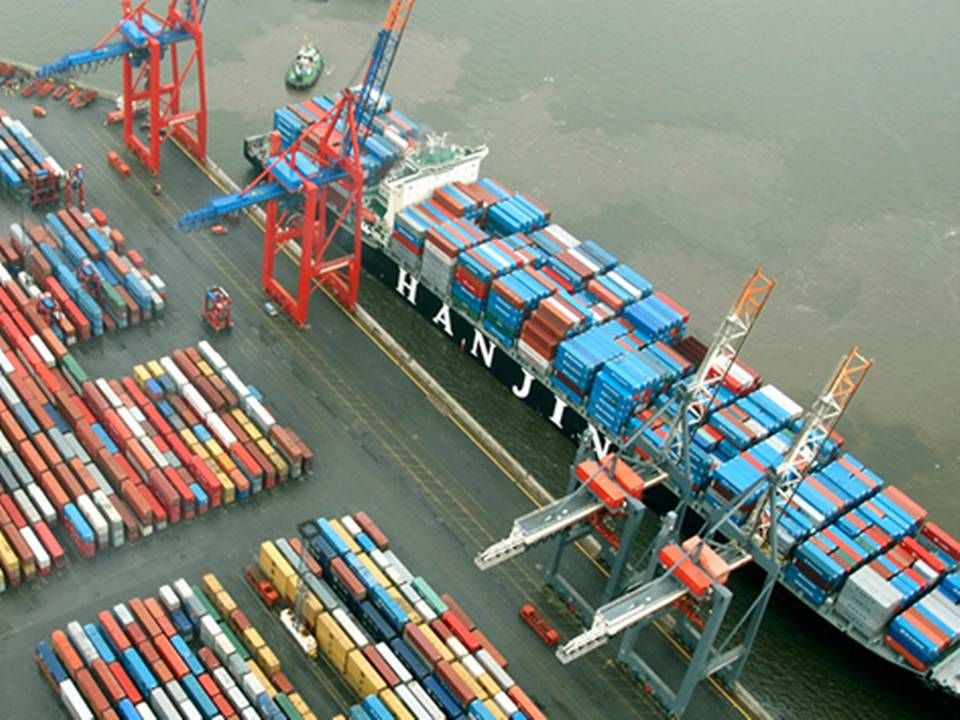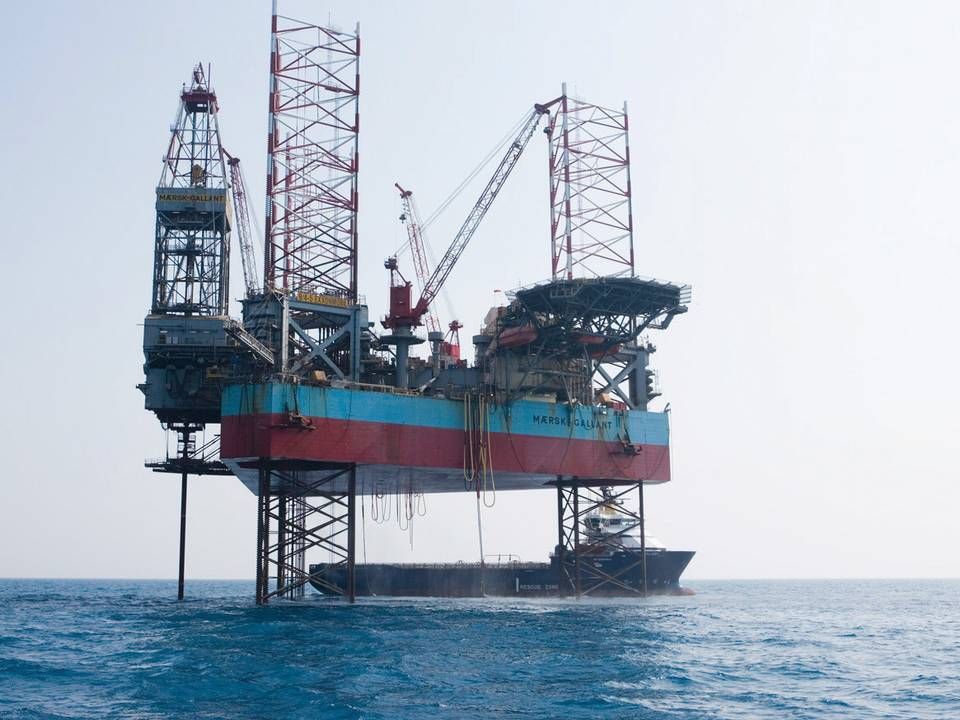Maersk Line sticks to slow steaming

Maersk Line rejects all speculations that the carrier could be tempted to speed up since the dramatically lower oil prices have significantly reduced the benefits of slow steaming.
Bunker savings, in particular, have helped boost the carrier's profits every quarter in the past few years, but with an oil price of around USD 86 - compared to almost USD 120 a few months ago - Maersk Line now saves significantly less by sailing slower.
As such, several major shipping analysts have pointed out that carriers could benefit from speeding up, even though it requires more fuel to sail at more knots, because if the fleet arrives faster, carriers will be able to withdraw capacity that is currently deployed in order to meet customer demands for on-time arrivals.
But Maersk Line has no plans of speeding up:
"Slow steaming is and will remain part of our toolbox. Both in relation to capacity management and cost reduction efforts, not least in terms of fuel," Michael Christian Storgaard, Senior Press Officer at Maersk Line, tells ShippingWatch.
Price down 35 percent
Alphaliner reported yesterday, Tuesday, that slow steaming keeps no less than 1.3 million teu - corresponding to seven percent of the current global container fleet capacity - employed.
The price on IFO 380 bunker has dropped 35 percent since 2012, to USD 460 per ton in Rotterdam last week. This is the lowest level since 2010. Based on Alphaliner's data, a ship's costs can be reduced by increasing speed moderately if the price drops to less than USD 400 per ton, said Alphaliner in its weekly newsletter, adding:
"Since 2009, carriers have been using slow steaming as one of their key cost reduction tools. And when the oil price reached a record-high level in early 2012 - at more than USD 700 per ton for IFO 380 - carriers began using extra slow steaming and super slow steaming as 2nd and 3rd alternatives in their efforts to reduce fuel costs."
Reduced capacity
Drewry also recently posed the question of whether carriers will now consider returning to full steam. But as the analyst agency noted, slow steaming has reduced overcapacity in the market to such an extent that this, in itself, will keep carriers from sailing faster.
"While we cannot confidently say which way bunker prices are headed, we can be confident in saying that no matter how low they go, carriers will not return to sailing containerships at their design speeds for fear of flooding the market with the latent capacity that has been held in check by slow-steaming," said Drewry.
Low oil price helps
In a new quarterly analysis, Platou has calculated with a 2014 oil price of USD 103 per barrel - the current oil price is USD 86 - and even though a low oil price is bad news for Maersk Oil, it comes as good news for the Maersk Group as a whole, says Platou, as the carriers use far more oil than Maersk itself produces.
"We have lifted 2014 estimates to account for Brent at USD 90 per barrel for the fourth quarter. We see upside potential for our 2015 estimates should oil prices stay below USD 100 per barrel," says Platou in the analysis.
Alphaliner: Low oil price could worsen overcapacity
Will lower oil prices make carriers ditch slow-steaming?
Related articles
Alphaliner: Low oil price could worsen overcapacity
For subscribers
Will lower oil prices make carriers ditch slow-steaming?
For subscribers
Maersk Drilling hit by the oil industry downturn
For subscribers





















